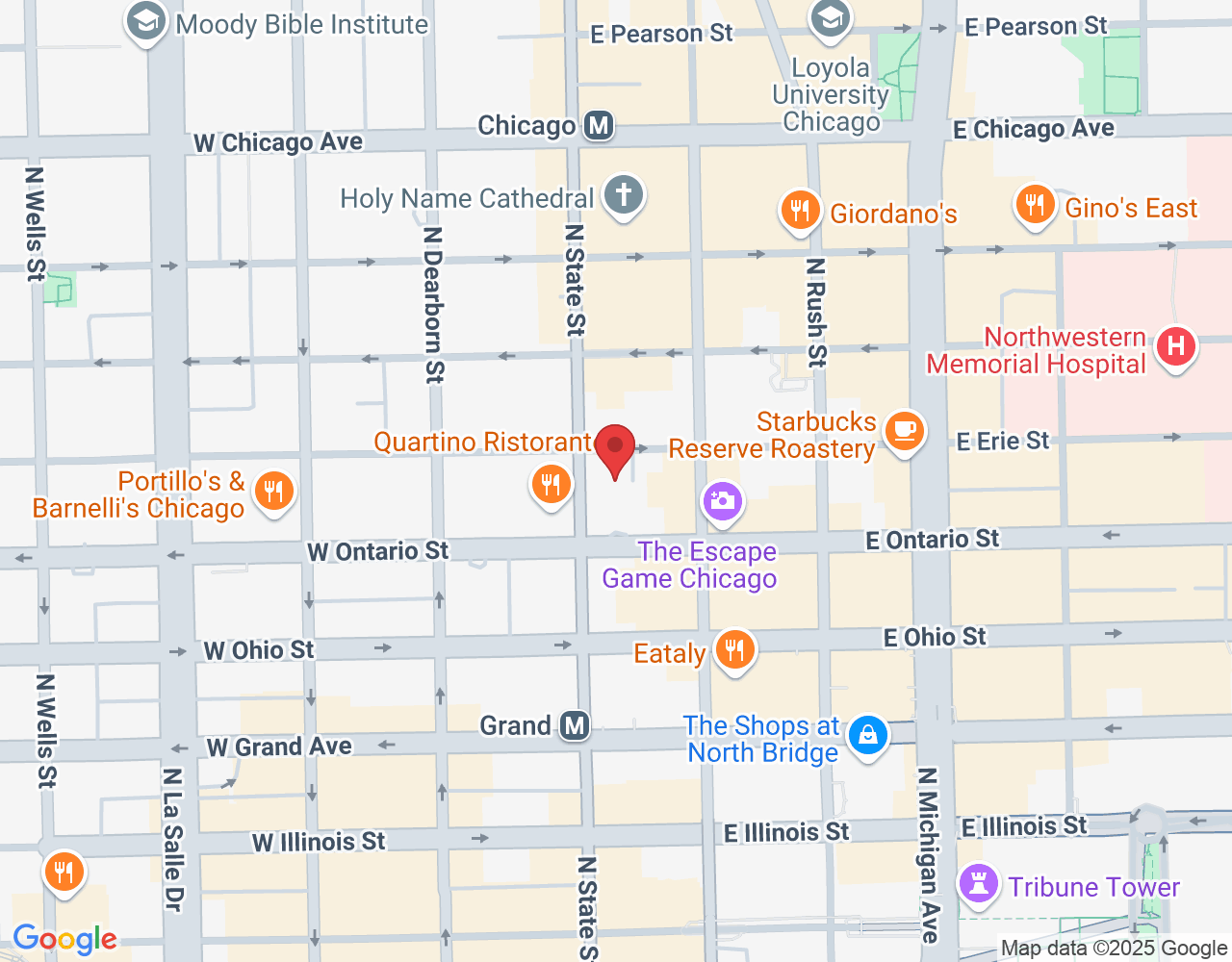
Navigating Burial Insurance Options in Your 60s: Real Rates and Considerations
As you enter your 60s, the importance of securing burial insurance becomes more pronounced, especially considering the rising premiums and approaching average mortality ages for men and women (76 and 80, respectively). While obtaining burial insurance is still feasible during this stage of life, time becomes a crucial factor.
Burial insurance, crafted to cover funeral expenses and related costs upon passing away, warrants careful consideration as you approach this milestone.
For individuals in their 60s contemplating funeral insurance, understanding the available options and conducting thorough research are paramount before reaching a decision.
This article will delve into the various factors to consider, the types of burial insurance at your disposal, and how to navigate and select the most suitable option based on your unique needs and financial circumstances.
Essential Considerations for Securing Burial Insurance in Your 60s
Securing burial insurance, also known as final expense insurance or funeral insurance, in your 60s is a wise and responsible financial decision. This specialized insurance aims to cover the costs associated with funeral arrangements and burial, easing the financial burden on your loved ones during a challenging time. Here are key factors to contemplate when purchasing burial insurance in your 60s:
Age and Health: Your age and health status significantly influence the cost of burial insurance. Typically, premiums rise with age, and pre-existing medical conditions may affect eligibility and pricing. Assess your health condition and consider whether a policy with medical underwriting or guaranteed acceptance is more suitable for your circumstances.
Coverage Amount: Determine the appropriate coverage amount based on your anticipated funeral expenses, burial or cremation costs, and any outstanding debts you wish to address. Burial insurance policies typically offer coverage ranging from $5,000 to $25,000, so choose an amount that adequately meets your needs.
Policy Type: Burial insurance comes in two primary forms: traditional whole life insurance and simplified issue burial insurance. Traditional whole life insurance provides a guaranteed death benefit and accumulates cash value over time, while simplified issue burial insurance offers immediate coverage without a medical exam but may have a waiting period and higher premiums.
Premiums: Compare premiums from different insurance providers to find an affordable option that fits your budget. Premiums vary based on factors such as age, health, coverage amount, and the type of policy. Ensure that the premiums are manageable for the duration of the policy.
Policy Features and Riders: Evaluate the policy's features and optional riders, such as accelerated death benefits or accidental death riders. These additional benefits can enhance the value of the policy and provide extra financial protection for specific circumstances.
Waiting Period: If considering simplified issue burial insurance, be aware of any waiting period before the full death benefit becomes payable. During this period, the coverage may be limited, and the benefit amount may be reduced in the event of passing away.
Financial Stability: Choose an insurance company with a strong financial rating and reputation to ensure that they can fulfill their obligations and pay out the death benefit when needed. Research the company's financial stability and customer reviews before making a decision.
Beneficiary Designation: Designate a trustworthy and capable beneficiary who can manage the claims process and utilize the funds appropriately. Keep your beneficiary informed about the policy details and ensure they understand their responsibilities.
Review the Policy: Carefully review the policy documents, including all terms, conditions, limitations, and exclusions. Seek clarification from the insurer or your agent regarding any uncertainties or questions you may have about the policy.
Compare Quotes: Obtain quotes from multiple insurance providers to compare coverage options and pricing. Take your time to evaluate the quotes and consider the value offered by each policy before making a final decision.
By considering these essential factors and conducting thorough research, you can make an informed decision when purchasing burial insurance in your 60s, providing peace of mind for yourself and financial security for your loved ones.

Exploring Diverse Types of Burial Insurance Options in Your 60s
Burial insurance offers various options, each tailored to meet specific needs and preferences. Here are some of the common types of burial insurance available:
Traditional Burial Insurance: This type of insurance, a subset of whole life insurance, is crafted to cover funeral expenses and related costs. It accumulates cash value over time, which can be utilized to pay premiums or accessed in emergencies. Traditional burial insurance may also offer additional benefits, such as the ability to add riders for long-term care or accidental death coverage.
Final Expense Insurance: Similar to traditional burial insurance, final expense insurance is often more cost-effective and may provide a lower level of coverage. This type of insurance typically lacks features like cash value accumulation or riders and is primarily intended to cover basic funeral expenses.
Pre-Need Funeral Insurance: With pre-need funeral insurance, you can pre-pay for your funeral expenses at current rates. While this relieves your loved ones of the financial burden of covering funeral costs, pre-need insurance does not accumulate cash value and is generally less expensive than traditional burial insurance.
Group Burial Insurance: Provided by companies or other organizations at discounted rates, group burial insurance may offer less comprehensive coverage. Additionally, customization options for coverage may be limited compared to individual policies.
Each type of burial insurance has its own set of benefits and drawbacks, so it's essential to carefully consider your needs and preferences before selecting the most suitable option for you.
Understanding the Cost of Burial Insurance in Your 60s
Finding affordable burial insurance in your 60s is still feasible, as previously discussed in this article. However, time is of the essence. Between the ages of 50 and 60, burial insurance premiums typically increase by 50 to 75 percent.
As you enter your 70s, these premiums double compared to your 60s. Taking immediate action is crucial to lock in your price.
Don't fall into the trap of waiting, like the 76-year-old individual I recently spoke to who is paying 100–150 percent more than necessary because they delayed making a decision!
Below are the "Real Rates" for level coverage with no waiting period.

Tips for Finding the Right Burial Insurance to Suit Your Needs and Budget
When it comes to selecting the best burial insurance for your needs and budget, there are several steps you can take:
Shop Around: Don't hesitate to compare policies and pricing from different insurers. This can help you find a policy that offers the coverage you need at a price you can afford.
Review the Details: Take the time to understand the coverage provided by the insurance policy you're considering. Read the fine print carefully, and if there's anything you don't understand, don't hesitate to ask questions.
Consider Your Options: As mentioned earlier, there are various types of burial insurance available, each with its own set of pros and cons. Take the time to weigh your options and choose the one that best fits your needs and budget.
Seek Expert Advice: If you're having trouble selecting the right burial insurance policy or understanding your options, consider seeking assistance from a financial advisor or insurance professional. They can provide you with the information you need and help you find a policy that meets your needs and budget.
In conclusion, purchasing burial insurance in your 60s is a significant decision that requires careful consideration. By taking the time to research your options and understand what is and isn't covered by different policies, you can find the ideal burial insurance for your needs and budget. Remember to read the fine print, ask questions if necessary, and don't hesitate to seek assistance from a financial advisor or insurance agent if needed.
The Importance of Acquiring Burial Insurance in Your 60s
Obtaining burial insurance in your 60s is a significant step toward ensuring financial peace of mind for both yourself and your loved ones. It serves to ease the burden of funeral and final expenses, providing a sense of security during a challenging time. Purchasing a policy at a younger age often results in more affordable premiums, offering stability in costs as rates typically increase with age. Even if you have pre-existing health conditions, many policies offer guaranteed acceptance, ensuring accessibility when traditional insurance options may be limited.
Furthermore, burial insurance often provides immediate full coverage without waiting periods, guaranteeing that your beneficiaries receive the entire benefit promptly. This proactive decision demonstrates your commitment to your family's financial well-being, allowing them to focus on grieving and healing without the added stress of financial obligations. Without burial insurance, your loved ones may be forced to deplete savings or accumulate debt to cover funeral expenses, potentially jeopardizing their financial stability. In essence, acquiring burial insurance in your 60s is a sensible and compassionate way to protect your family's financial future and honor your final wishes without imposing financial strain.
Estimating Your Coverage Needs in Your 60s
Determining the appropriate amount of coverage for burial insurance in your 60s requires careful consideration of various factors tailored to your individual circumstances. Here's what to consider when deciding on the right level of insurance coverage:
Funeral Preferences: Your desired funeral arrangements play a crucial role in calculating coverage needs. Whether you prefer a simple service or a more elaborate ceremony, ensure that your coverage amount accounts for all related expenses to fulfill your final wishes.
Additional Expenses: Beyond funeral costs, anticipate any other financial obligations your loved ones may face after your passing. This could include outstanding debts, medical bills, or estate-related expenses, ensuring that your policy provides sufficient coverage to alleviate these burdens.
Budgetary Considerations: While affordability is essential, prioritize finding a policy that strikes a balance between cost and coverage. Evaluate your budget to determine the monthly premium you can comfortably afford while still securing adequate coverage to meet your needs.
In conclusion, purchasing burial insurance in your 60s offers financial protection and peace of mind for both you and your loved ones. To find the perfect plan tailored to your requirements, carefully assess your needs and budget constraints. Thoroughly review policy details and don't hesitate to seek guidance from a financial advisor or insurance professional if necessary.
The Benefits of Pre-Planning Your Funeral
Pre-planning your funeral is an additional choice to consider in addition to buying burial insurance.
Making your funeral arrangements in advance enables you to express your final desires and might lessen the strain on your loved ones during an already trying period.
Planning ahead for your funeral has a number of advantages, including:
Peace of mind: Knowing that your funeral desires will be followed out and that your loved ones won't have to make unpleasant decisions on your behalf might offer you peace of mind.
Financial security: Making funeral arrangements in advance might give your loved ones financial security. You can save your loved ones from having to foot the bill for your funeral by prepaying the costs at today's rates.
Stress relief: Funeral planning may be a difficult and emotional process. By making funeral arrangements in advance, you can relieve your loved ones of this responsibility and free them up to concentrate on their sorrow and remembering you.
Do your research and pick a respected funeral home or provider if you're thinking about pre-planning your funeral.
Ensure that your loved ones are aware of your final desires and that your funeral arrangements are in written so that there is no misunderstanding.
Other End-of-Life Planning Considerations
There are various other end-of-life planning factors that you should take into account, in addition to buying burial insurance and pre-planning your funeral.
They consist of:
Making a will: A will is a legal document that specifies how your assets should be allocated in the event that you pass away. Even if you have a tiny estate, it is still necessary to make a will because it can help to ensure that your intentions are honoured and that your loved ones are taken care of.
Making a power of attorney: A power of attorney is a legal document that enables you to name a representative to act on your behalf in the event that you are unable to. It's critical to select a person you can trust to represent your interests and to explain your needs to them in a straightforward manner.
arranging for a funeral: It's crucial to let your loved ones know about and put in writing any exact funeral preparations you have in mind. You can specify the kind of service you choose, whether you want to be buried or cremated, as well as any other particular demands you may have.
You may make sure that your final desires are carried out and that your loved ones are taken care of by making time to arrange for your end-of-life requirements.
It is never too early to start thinking about your end-of-life intentions, so don't put off this crucial planning.
Conclusion
In your 60s, finding the best burial insurance requires careful consideration of your needs, health, and budget. Start early if possible, compare rates from multiple providers, and read policy details closely. Customize coverage to your preferences, consult experts if needed, and ensure the plan aligns with your long-term financial goals. This ensures peace of mind and financial protection for your loved ones during a challenging time.
Evaluate quotes from leading insurance providers
Compare quotes from top insurance carriers
Best Plan For Me
Qualified Health Impairments
This site provides life insurance information and quotes. Each rate shown is a quote based on information provided by the carrier. No portion of BestBurialPolicy.com may be copied, published or distributed in any manner for any purpose without prior written authorization of the owner.




